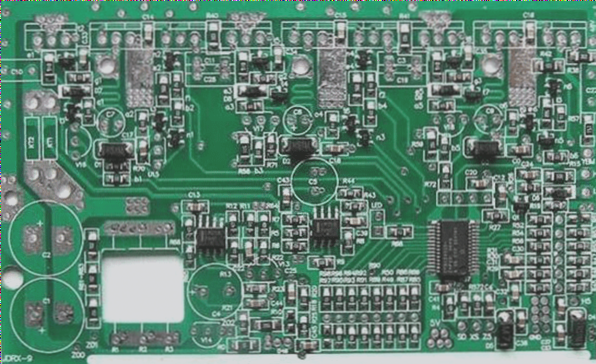The Future of China’s Electronics Industry and the Role of PCB Technology
- The United States and China have agreed to enhance the export of high-tech products to China, aiming to boost technological cooperation.
- China heavily relies on foreign advanced technology for high-tech research, especially in core technology, posing a vulnerability in its electronics sector.
- There is a debate on whether China should continue depending on foreign technologies or develop its own capabilities.
- Century Core’s PCB replication technology could play a pivotal role in transforming China’s electronics industry.
Current Developments in China’s Electronics Sector
In recent years, the US has imposed restrictions on exporting high-tech products to China, impacting various sectors such as military equipment, wireless technologies, and software. However, there are discussions on relaxing these restrictions to promote high-tech cooperation between the two countries.
Opinions vary on this matter, with some expressing concerns about potential future restrictions despite hopes for increased imports. Others believe that a balance between importing American high-tech products and developing domestic capabilities is the way forward.
The transformation of China’s electronic PCB industry is deemed inevitable, with a focus on restructuring the industrial landscape, emphasizing national strengths, and pursuing independent development. Circuit board replication technology is identified as a critical tool in this transformation.
Legal Implications and Technological Advancements
Obtaining trade secrets through unethical means is considered unfair competition. The Supreme People’s Court of China recently clarified that self-developed or reverse-engineered trade secrets do not violate the Anti-Unfair Competition Law.
Copy technology plays a significant role in advancing China’s electronics industry by enabling the rapid understanding and replication of core technologies from foreign high-end products. This process facilitates innovation, cost-effectiveness, and the development of products that match international standards.
Specialized PCB copy technology allows for the secondary development of products, creating a pathway for Chinese companies to enhance their technological capabilities and accelerate the growth of the national electronics sector.


